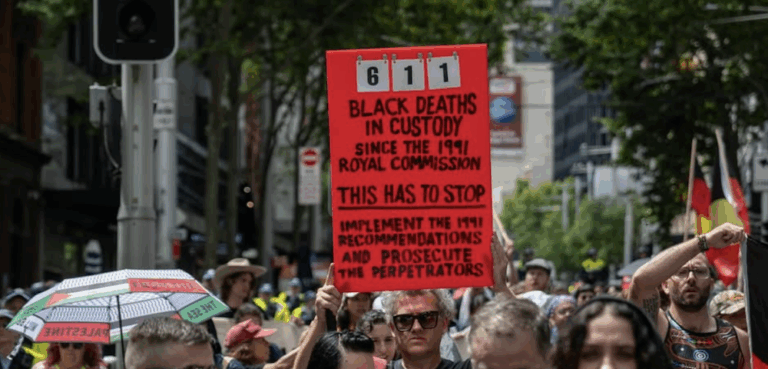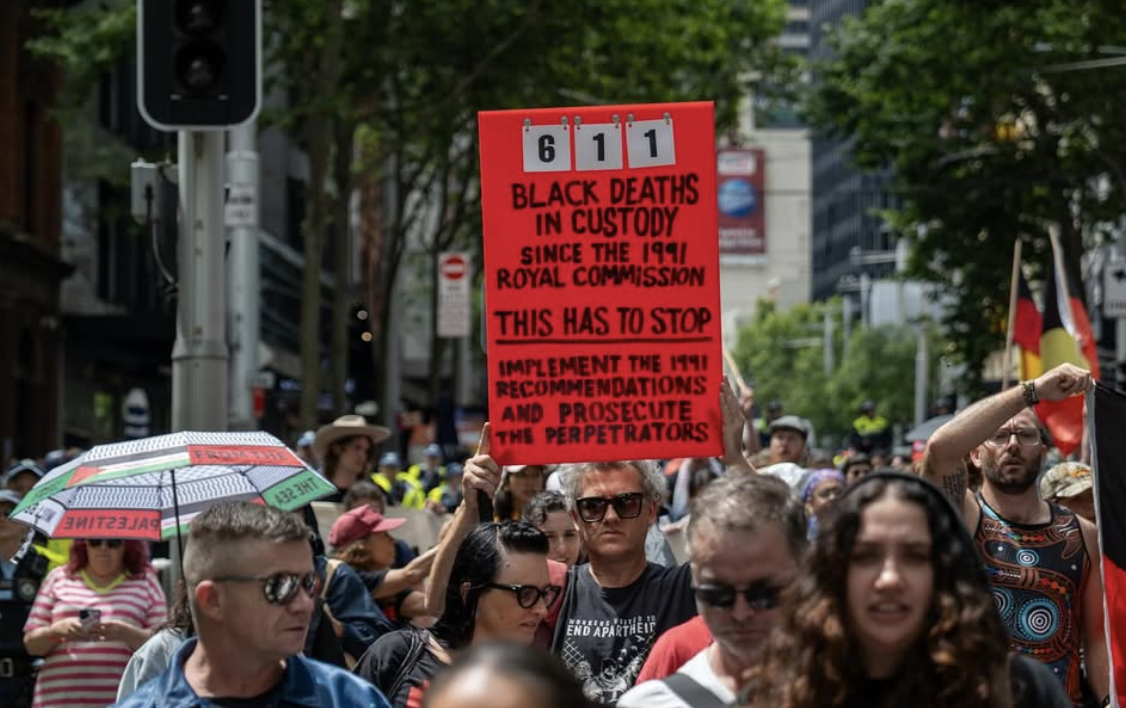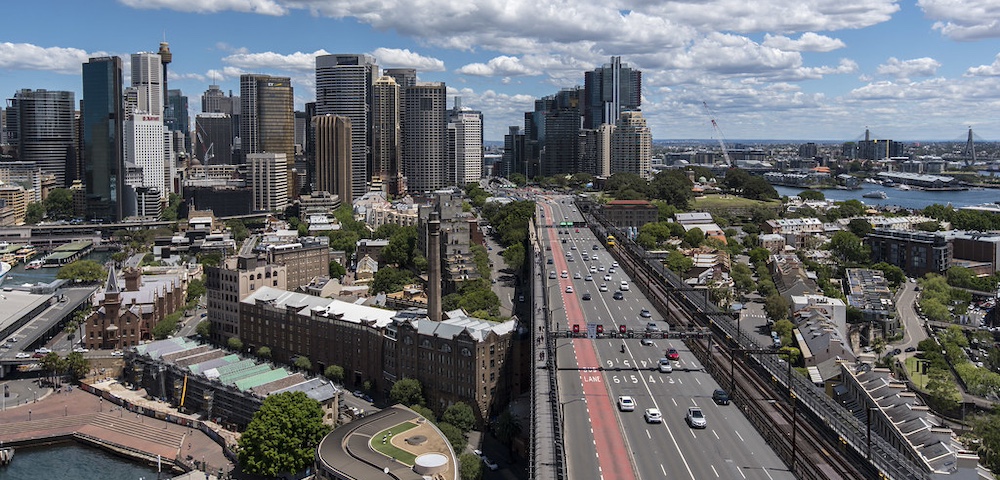

The NSW government is facing strong criticism for its approach to medical cannabis reform and their response to the recommendations from the 2024 Drug Summit.
Drug reform has become a priority in NSW due to rising drug-related concerns in areas of health, law and order, housing, and education.
The 2024 Drug Summit, chaired by John Brogden AM and Carmel Tebbutt, united health experts, law enforcement, advocates, and community organisations to discuss drug reform in NSW.
Over four days, more than 700 participants from Sydney, Griffith, and Lismore attended the forum. The government also received nearly 4,000 responses from the community. The summit delivered 56 recommendations.
The NSW government says it supports more than 50 of the 56 recommendations from the 2024 Drug Summit, in principle.
“Police will remain focused on disrupting the supply of illicit drugs but we want to ensure diversion opportunities and the appropriate health support is available to those who need it,” said Police Minister Yasmin Catley.
The government also committed to a 12-month trial of pill testing at music festivals and to releasing a statewide 10-year Alcohol and Other Drug Strategy within the upcoming six months.
The plan will also explore initiatives, changes to cannabis driving laws, and limitations on drug intervention programs.
The government proposal consists of “investigating a medical defence for people using medically prescribed cannabis who are driving: by considering the recommendations due to be provided by an expert working group which is assessing the evidence, reform options, safeguards and whole of government implementation considerations.”
The 10-year Alcohol and Other Drug Strategy also includes reforms to the existing programs, such as the Early Drug Diversion Initiative (EDDI). The EDDI provides cautions and health resources to individuals facing low-level drug offences. The state government is looking to revise the regulations for the possession of multiple drugs, as well as issues related to criminal history and the quantities that qualify as threshold amounts.
“We know the Early Drug Diversion Initiative isn’t working as well as it could be which is why work to reform the scheme is under way,” said Catley.
“The Early Drug Diversion Initiative is key to alleviating pressure on our court system and allowing people to get help for substance abuse issues,” said Attorney General Michael Daley. “We will continue to invest in prevention and diversion to break the cycle of substance abuse offending.”
“From a health perspective, we’ve announced almost a quarter of a billion dollars in investment in AOD support services; the introduction of 5-year grant agreements to provide them with more certainty,” said Health Minister Ryan Park. “Drug policy is not easy. It is challenging.”
“The government supports the vast majority of recommendations from the co-chairs, including the formation of a whole-of-government alcohol and other drug strategy to guide policy and investment for the next 10 years,” said Park. “This whole-of-government response to the 2024 Drug Summit Report not only outlines opportunities for reform but also the significant work and investment that is already taking place.”
Govt ‘squibbed it’ on response to Drug Summit recommendations
“Workers and their families can’t wait for another expert working group while they’re forced to choose between managing their medical conditions and paying their bills. The solution to this problem is straightforward,” said Unions NSW Secretary Mark Morey. “Police are already highly trained to detect impaired drivers. If someone is driving while impaired by any substance, they should be off the road. But unimpaired patients following their doctor’s orders shouldn’t face court summons or potentially lose their livelihoods.”
Morey urges the government to modify the Road Transport Act to categorise medicinal cannabis in the same way as prescription medications in general.
Emma Maiden, Uniting NSW ACT’s Director of Advocacy and External Relations, also expressed dissatisfaction with the state government’s response. “The response today fails to adopt, resource and implement the 56 recommendations of the Drug Summit Report in full – to comprehensively deal with our unfair drug laws and the very real harm they cause,” said Maiden.
She has been vocal regarding the state government’s neglect of First Nations and regional communities, as well as their inadequate responses and actions.
“First Nations people and regional communities are notably absent from this long-awaited response from government. Considering the failures of First Nations inclusion at the Drug Summit itself, this is a particularly hurtful exclusion of the people most disproportionately impacted by our unfair drug laws,” said Maiden.
“We saw the Bob Carr Labor Government meet the moment of the original Drug Summit in 1999 but the lack of leadership to meet the moment of the latest Drug Summit by the current government is profoundly disappointing… While we welcome the reforms to the EDDI scheme- this was already going to happen as part of the two-year review into the scheme.”
“They have squibbed it.”









